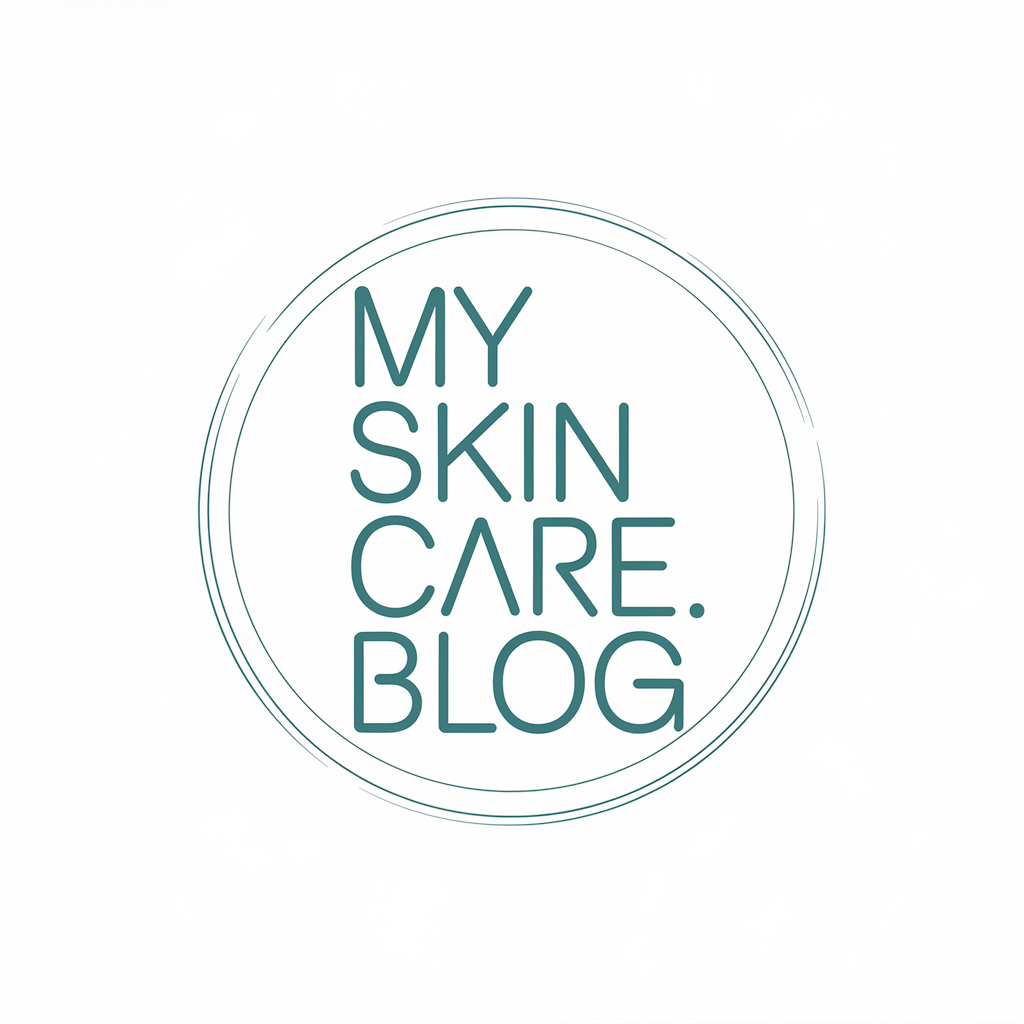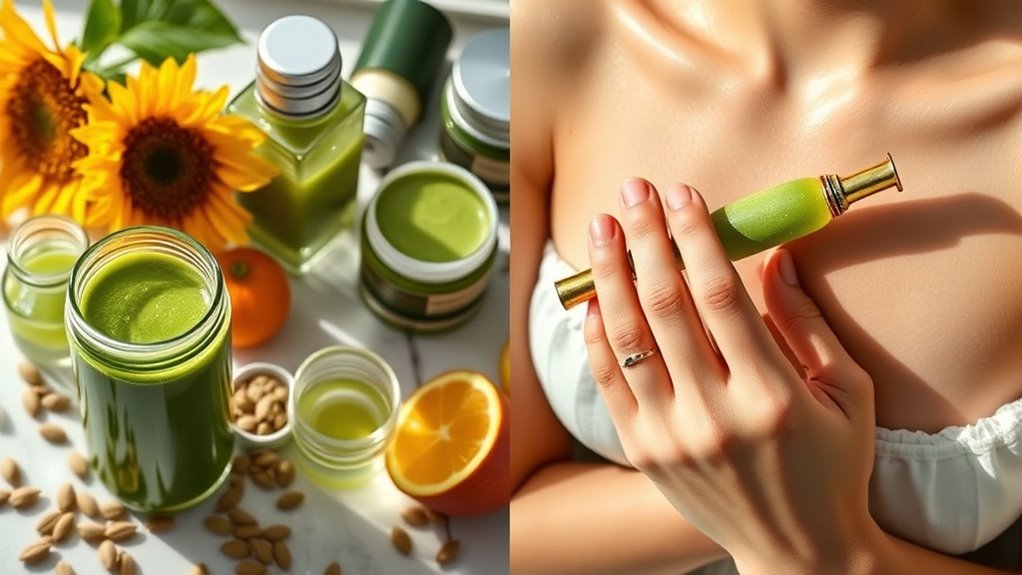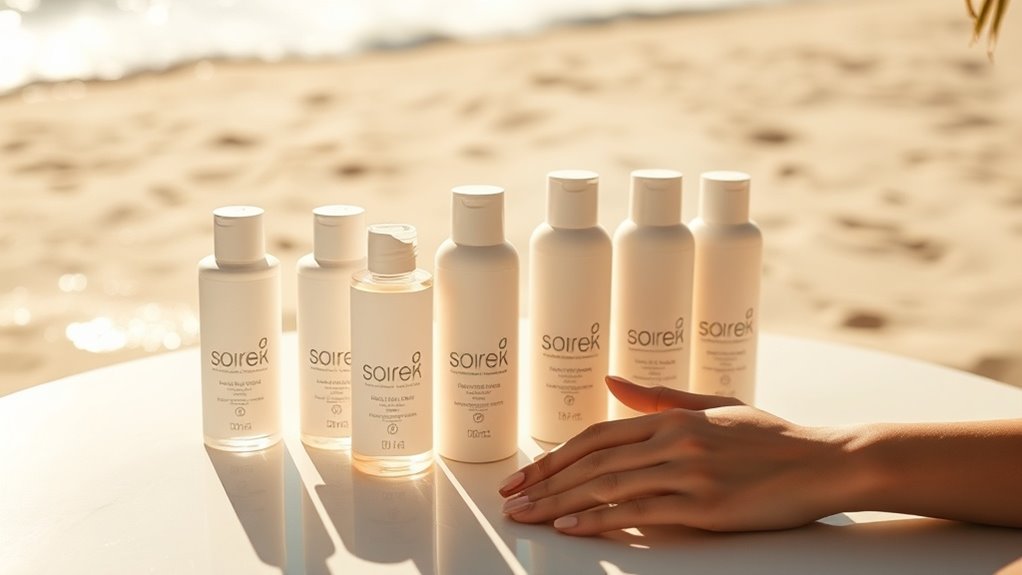Why Sugar Could Be Sabotaging Your Skin
Key Takeaways
- Excess sugar accelerates glycation, damaging collagen and elastin, leading to wrinkles and sagging skin.
- High sugar diets increase insulin production, boosting oil output and leading to clogged pores.
- Sugar triggers inflammation, making skin more susceptible to acne and conditions like rosacea.
- Glycation alters protein structures, resulting in a dull complexion and loss of skin radiance.
- High sugar intake disrupts the skin’s hydration, causing dryness, flakiness, and heightened sensitivity.
The Link Between Sugar and Skin Aging
Sugar plays a significant role in the aging of your skin, and understanding this connection is crucial for maintaining a youthful appearance.
When you consume excess sugar, it accelerates glycation, damaging collagen and elastin—key proteins for skin elasticity and firmness. This leads to wrinkles and sagging.
Monitoring your sugar intake can help preserve your skin’s natural vitality and delay visible signs of aging. Additionally, incorporating nutrient-rich foods can further enhance your complexion and support overall skin health.
How Sugar Contributes to Breakouts
When you indulge in high-sugar foods, your body may respond by ramping up insulin production, which can trigger a cascade of events leading to breakouts.
Elevated insulin levels increase oil production and stimulate androgen hormones, both of which can result in clogged pores.
This environment is ideal for acne-causing bacteria, ultimately promoting inflammation and breakouts on your skin.
Inflammation: The Hidden Effect of Sugar on the Skin
Although many enjoy the sweet taste of sugary treats, the inflammatory response they trigger can have detrimental effects on your skin’s health.
Consuming high amounts of sugar can lead to increased inflammation, making your skin more susceptible to conditions like acne and rosacea.
Reducing sugar intake can help calm inflammation, promoting a clearer, healthier complexion and enhancing your overall skin vitality.
Glycation: The Process That Dulls Your Complexion
High sugar consumption not only triggers inflammation but also initiates a process known as glycation, which can significantly dull your complexion.
Glycation occurs when sugar molecules bind to proteins, altering their structure and functionality. This process leads to the formation of advanced glycation end products (AGEs), which can cause skin sagging, loss of elasticity, and overall uneven skin tone, detracting from your natural radiance.
Sugar’s Role in Dehydrated Skin
Excessive sugar intake can significantly contribute to dehydrated skin, leading to a lack of moisture and vitality.
High sugar levels cause an imbalance in hydration by disrupting the skin’s natural barrier. This can result in dryness, flakiness, and increased sensitivity.
Moreover, sugar promotes inflammation, which further exacerbates water loss.
Prioritizing hydration is essential for maintaining plump, healthy skin free from the adverse effects of sugar.
Tips for Reducing Sugar for Healthier Skin
To achieve healthier skin, it’s crucial to cut back on sugar in your diet.
Start by reading ingredient labels, opting for natural sweeteners like honey or stevia, and increasing your intake of whole foods rich in antioxidants.
Stay hydrated by drinking plenty of water, and limit processed foods that contain hidden sugars.
Your skin will thank you for the positive changes!





